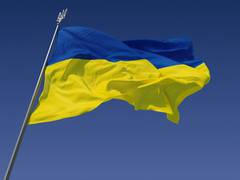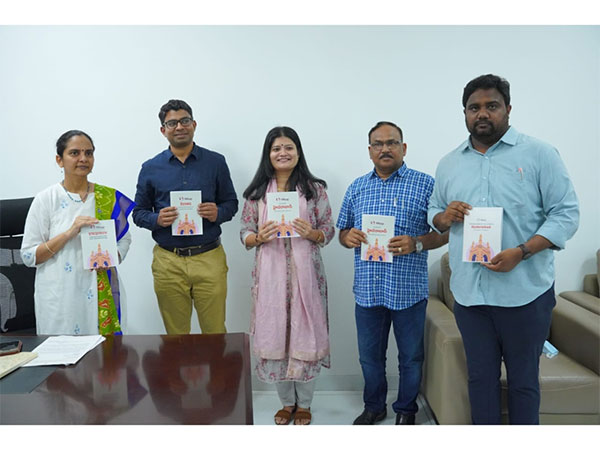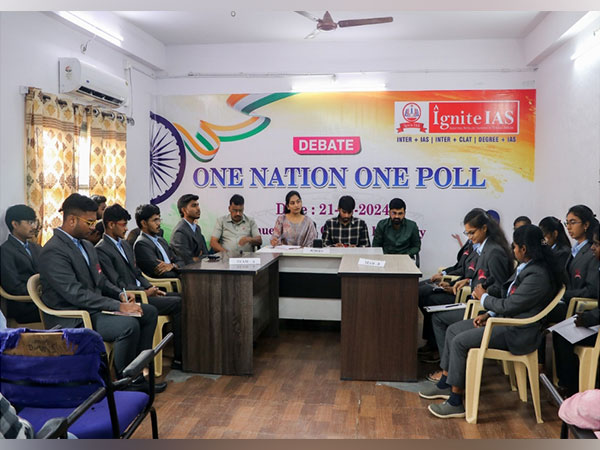
Food insecurity due to conflict in Ukraine
Aug 04, 2023
Kyiv [Ukraine], August 4: The EU and Ukraine accuse Russia of weaponizing grain, while Moscow says the West is the cause of global food insecurity.
The Guardian newspaper on August 3 reported that the European Union (EU) warned that Russia was exacerbating global food insecurity .
Food prices increase
According to Reuters, the Russian drone attack on August 2 destroyed buildings in the port of Izmail (Odessa province, Ukraine), forcing ships to collect grain to stop to this port. Ukraine's Deputy Prime Minister OleksandrKubrakov said nearly 40,000 tons of grain expected to be exported to African countries, China and Israel had been damaged. Writing on Telegram, Ukrainian President VolodymyrZelensky said that "Russia once again attacks ports, grain, global food security ".
After the attack, the price of Chicago wheat (USA) increased by nearly 5% due to supply concerns, before falling again due to strong Russian exports. According to AP, Russia's withdrawal from the grain agreement has many countries worried about food supplies. The cost of food in Egypt has led to a cost of living crisis, with inflation in June hitting a record 36.8%, and food prices rising 64.9% year-on-year. Lebanon imports 90% of its wheat from Ukraine, and the World Food Program (WFP) says its currency has lost 90% of its value since 2019, while food prices are among the highest in the world. .
Information from Turkey shows that grain prices fell 23% when the Black Sea grain deal was implemented, but increased 15% in the past two weeks. According to WFP spokesman AbeerEtefa, the collapse of the Black Sea grain deal was "an unnecessary shock to the 345 million people facing urgent global food insecurity".
Controversy of the agent
The EU warned developing countries that Russia was offering to sell cheap grain "to create new dependence by exacerbating economic vulnerabilities and causing global food insecurity". EU High Commissioner for Foreign Affairs JosepBorrell called on developing countries and the G20 to push Moscow to return to the Black Sea grain export deal and stop targeting Ukraine's agricultural infrastructure. "As the world copes with supply disruptions and higher prices, Russia is approaching vulnerable countries with bilateral offers of grain at a discount, as if solving the problem of created by themselves," according to Mr. Borrell.
Meanwhile, Secretary of the Russian Security Council Nikolai Patrushev said that Western sanctions against Moscow threatened "catastrophic consequences" for the global food market. In addition, he stressed that the problem of global food security cannot be solved if the West still imposes "illegal obstacles" on Russian businesses, according to RossiiskayaGazeta. An optimistic signal is that Turkish President RecepTayyip Erdogan and Russian President Vladimir Putin on August 2 agreed on the Russian leader's visit to Turkey. According to the Daily Sabah newspaper , quoting President Erdogan, Ankara will continue its diplomatic efforts to restore the Black Sea grain deal
Source: ThanhNien Newspaper









